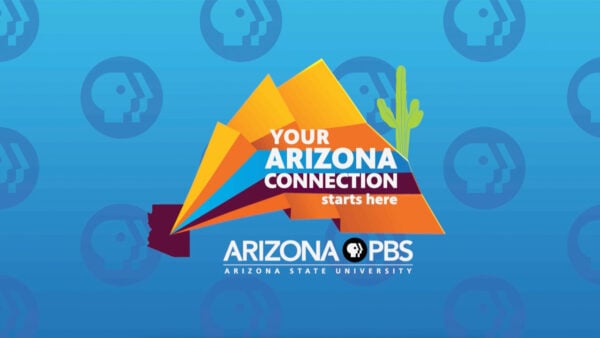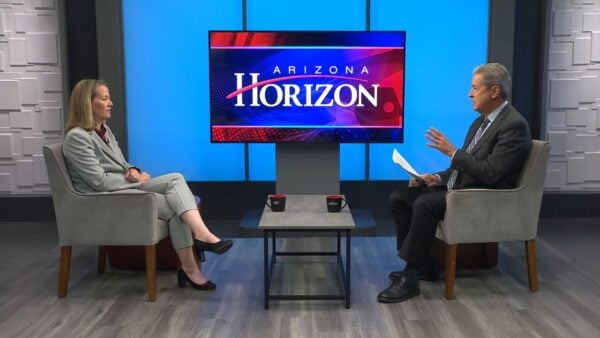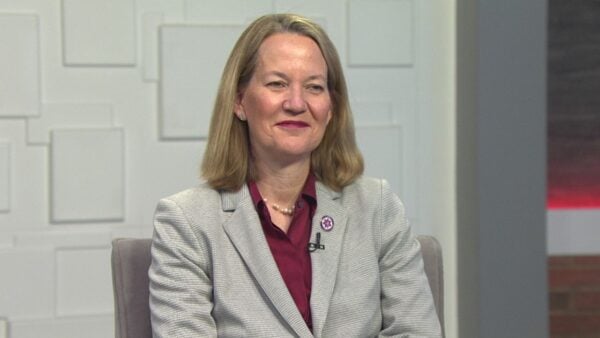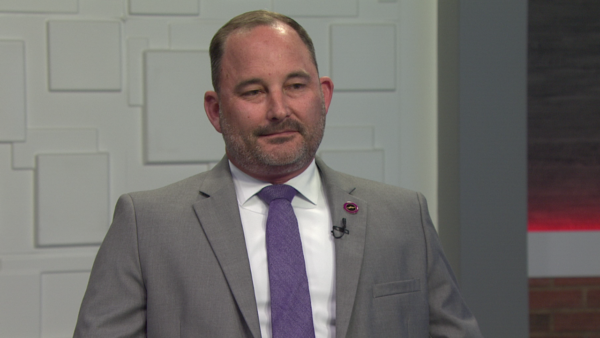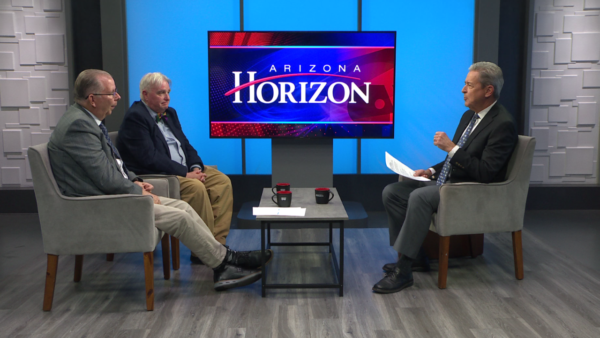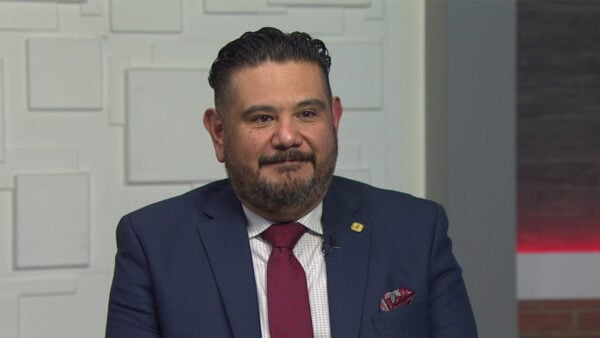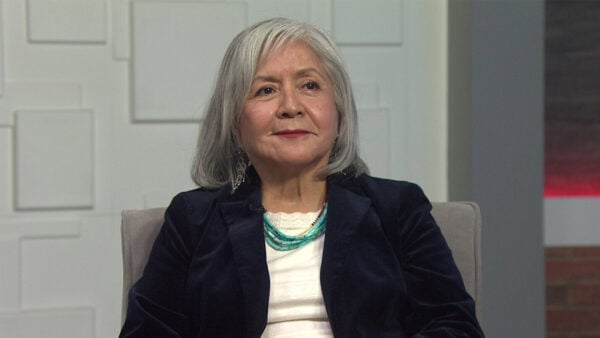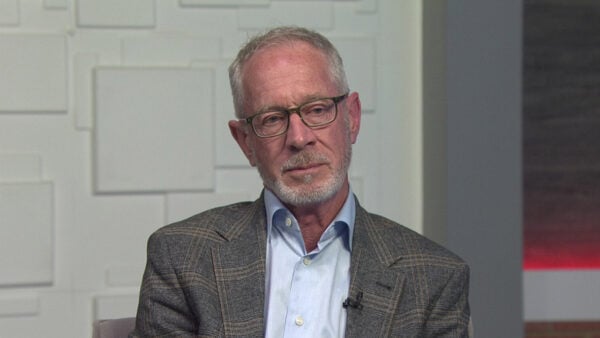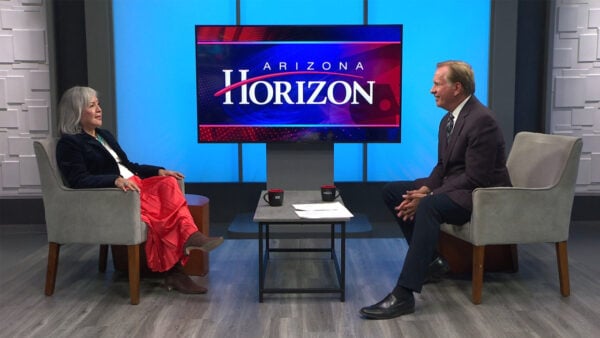The economic, legal and personal impacts of ending DACA
Sept. 29, 2017
The Deferred Action for Childhood Arrivals (DACA) program is scheduled to end in March, leaving Congress with a five-month window to pass legislation regarding the 800,000 recipients of DACA.
Two bills have been crafted to potentially resolve the issue, according to Arizona State University law professor Angela Banks. The first is the Development, Relief and Education for Alien Minors (DREAM) Act, a proposal that has been around since 2001 but never passed. A new bill was proposed on Monday, the Solution for Undocumented Children through Careers, Employment, Education and Defending our Nation (SUCCEED) Act, that would protect childhood arrivals in a similar manner as the DREAM Act, offering a 15-year pathway to become a permanent resident.
If Congress is unable to pass legislation protecting DACA recipients, some of them will begin losing their authorization to work in the United States legally when the DACA program expires.



